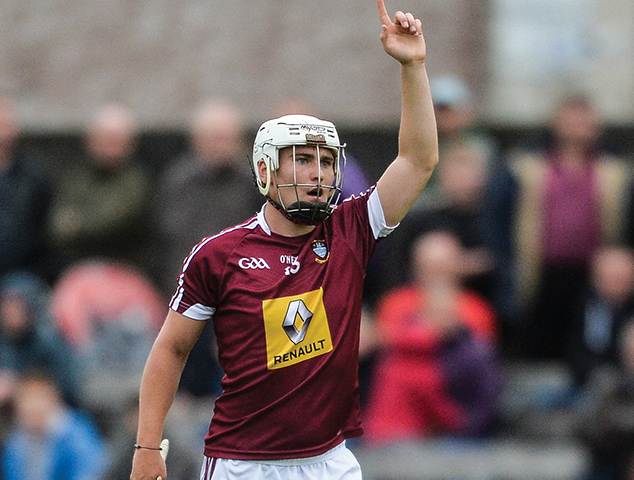
[dropcap]D[/dropcap]espite two “Murderous Maths” workshops being called off due to hurricane Ophelia, host and acclaimed author Kjartan Poskitt went to St. Patrick’s DCU on Tuesday the 17th to talk to students and faculty for Maths Week 2017.
Poskitt gave his workshop to three Bachelor of Education students, Beth O’Hanlon, Niamh O’Halloran and Rachel Mulhall, and their mentor Dr Lorraine Harbison as part of “Project K”, one of eight projects in the Subject Leadership in Mathematics module for final year students specialising in maths.
Project K focuses on the universal design for learning and making maths accessible for learners of all styles and abilities. The project looks to develop methods of teaching that utilise storybooks, such as Poskitt’s Murderous Maths series, and activities to make maths more engaging.
A natural performer, Poskitt showcased contagious enthusiasm as he gave a presentation on visualising massive numbers at his 11th Maths Week. Poskitt went from how one trillion represents the drops of water in 20 Olympic swimming pools to the size of Graham’s number, the largest number used as the answer to a problem, in the space of 10 rapid-fire minutes.
Poskitt’s work spans over 80 books translated into dozens of languages, five published stage productions, occasionally producing cartoon panels for the BEANO and even a YouTube channel.
The former host of children’s TV show “Swap Shop” started his writing career with kids puzzle books. He was eventually asked by the publishing company Scholastic to write what would become the first in his long-running Murderous Maths series in 1997 due to his having an engineering degree.
“That was the shortened version as to how by some freak accident I stopped being a pub piano player and started being an author” according to Poskitt.
Working outside of a maths curriculum, Poskitt said he wouldn’t directly change anything about it, but “the one thing I stress ‘till I’m blue in the face is kids must know the times tables”.
“I would abandon reading and writing before having the times tables, because it just opens the door to understanding” Poskitt insists, citing the benefit of giving children number-sense.
Immediately after saying this, Poskitt produced a collection of irregularly sided dice, enthusiastically showcasing how to turn multiplication into a competitive game. The idea of making maths entertaining and engaging permeates every aspect of Poskitt’s work, from getting audience members to act out Pythagoras’ “tortoise and hare” paradox to the games and puzzles found in his books and websites.
This view was reflected by Lecturer in Mathematics Education Aisling Twohill, who said that the focus in maths education should be on the process of answering questions, evaluating multiple strategies, creativity and flexibility with students.
“It’s not enough to just assess children’s fact-based knowledge or application of rote-learned procedures, we’d need to look at their mathematical thinking,” said Twohill.
Whether talking to hundreds of young children, a group of adults in a pub, or even at book fairs, the key to Poskitt’s enthusiasm is treating every performance like a rock show, complete with “banging out some pretty loud tunes”.
“[When] you get lively kids who are pleased to see you and you can make them laugh, then that’s it. All of a sudden, for me it’s a party.”
While he reminisces fondly on the memory of being beaten at a ‘poisoned chocolate’ game for the first time on stage by a five-year-old, Poskitt’s favourite memory reinforces the ethos of universal mathematics that both he and Project K strive for.
An email he received 15 years ago described how an Indian woman’s daughter had taken to his books. This girl eventually went to university in America, writing years later to thank Poskitt for the influence his books had on her.
For Poskitt, these interactions are an “unexpected and fantastic reward”.
“I only wanted to do a few tricks and jokes, I wasn’t planning on changing people’s lives!”
Niall O’Donoghue
Image Credit: Niall O’Donoghue



